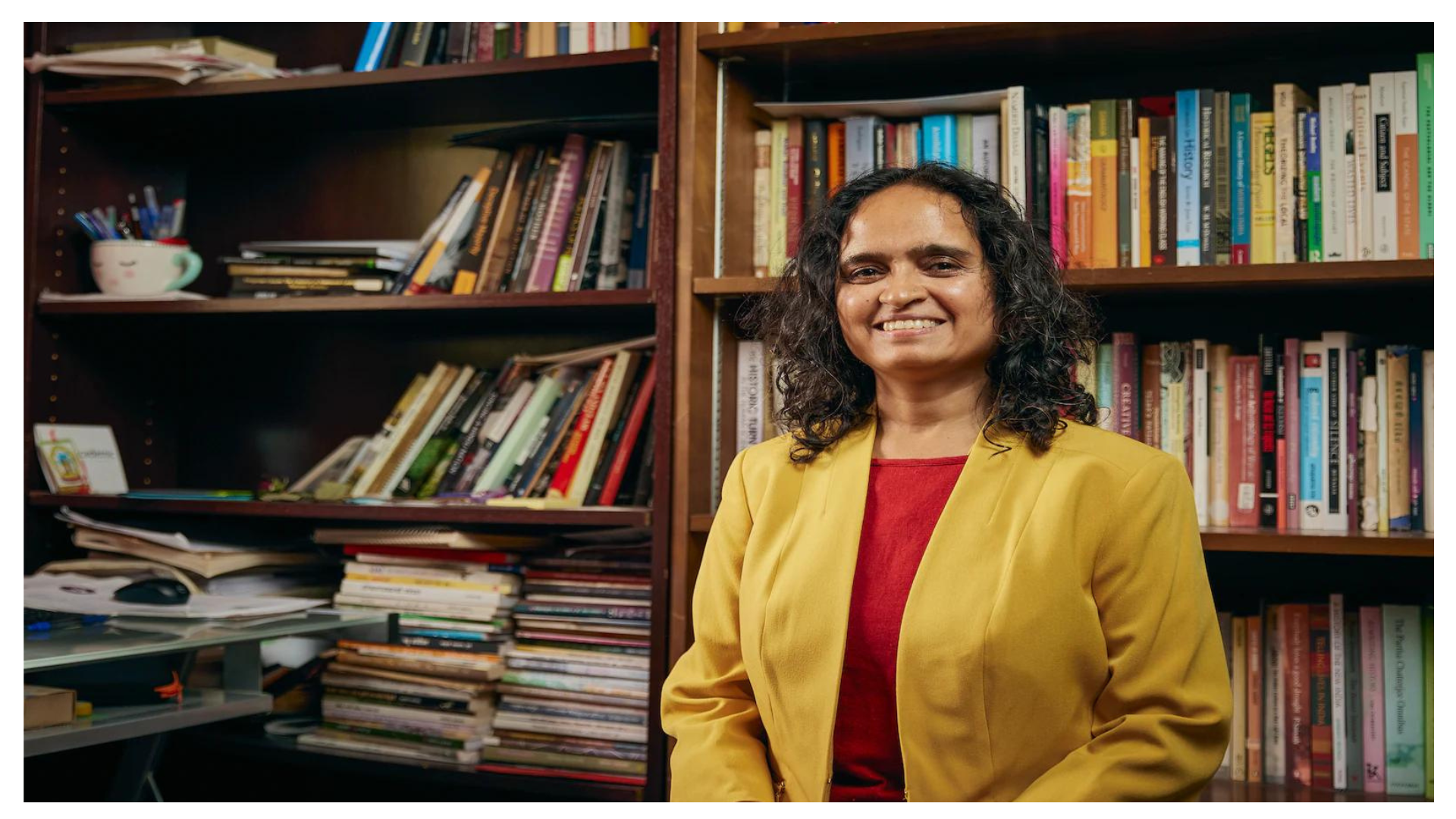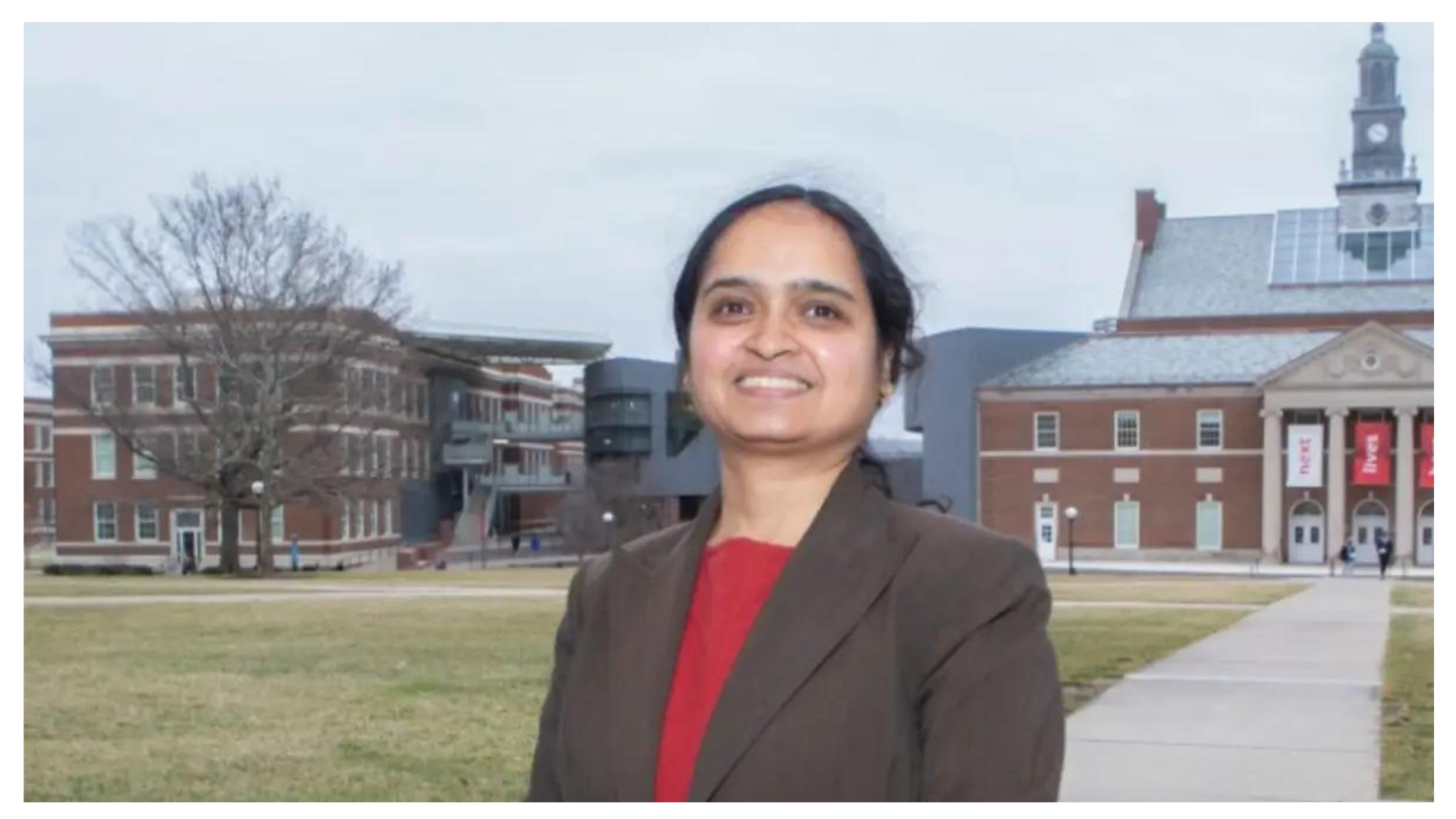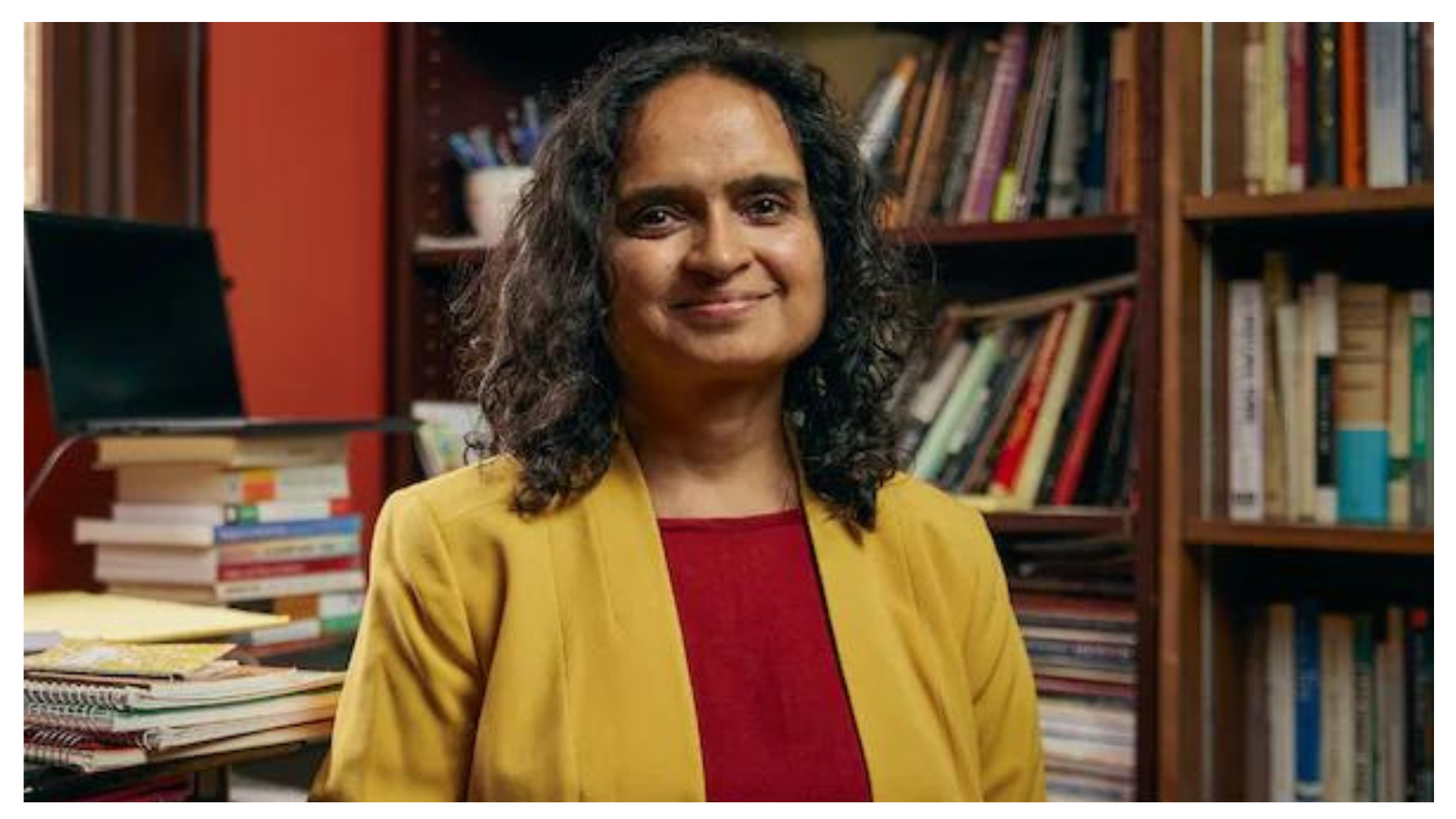Table of Contents
ToggleAn Indian-American professor has lately made news for her extraordinary feat. Shailaja Paik, a prominent research professor of history at the University of Cincinnati, has been named one of Ohio’s 10 MacArthur Fellows.
Notably, she is the first winner of this distinguished award from both the city of Cincinnati and the University of Cincinnati since the fellowship was established in 1981.
Paik’s study focuses on Dalit women’s experiences, putting light on both their struggles and resilience.
This has resulted in her receiving a $800,000 “genius” grant (MacArthur grant), demonstrating her effect on the field. Paik has overcome adversity to make her spot on the world map, inspiring people with her drive and enthusiasm.
Paik’s Research Work: A Bird’s Eye View.
Paik’s research illuminates the historical backdrop of caste control and its influence on Dalit women, examining how gender and sexuality degrade their dignity. Her study draws on a varied variety of texts in English, Marathi, and Hindi, as well as interviews with modern Dalit women.

In her debut work, Dalit Women’s Education in Modern India: Paik’s Double Discrimination (2014) focuses on the barriers Dalit women experience in obtaining an education in colonial and modern Maharashtra, exposing the contrast between anti-caste reformers campaigning for education and society. bound by patriarchal Buddhist ideas.
Paik’s most recent work, The Vulgarity of Caste: Dalits, Sexuality, and Humanity in Modern India (2022), delves at the lives of Dalit performers in Tamasha, a traditional folk theater style. Despite its cultural significance, Tamasha is frequently viewed as sexualized work, with its artists labeled as ashlil, or filthy. Paik criticizes Dr. B. R. Ambedkar’s stance, which rests the burden for self-improvement on Dalit women, notwithstanding the difficulties this presents.
Through her examination of Marathi historical archives and oral histories, she demonstrates how Dalit Tamasha women traverse these cultural limits, leveraging performance for economic independence and affirming their humanity in the face of ongoing caste prejudice.

A Look into Shailja Paik’s Early Life
Paik was born into a Dalit household in Pohegaon, Maharashtra, as one of four girls. Her family eventually moved to Pune, where she was reared in a one-room house in the Yerawada slum. Despite their poor circumstances, Paik’s parents, particularly her father, were staunch supporters of education, teaching their daughters the value of academic performance and fortitude in the face of societal problems.
Paik’s educational path and career trajectory
Paik received her BA and MA from Savitribai Phule Pune University in 1994 and 1996, respectively, before completing her PhD at the University of Warwick in 2007. She originally arrived in the United States in 2005 as part of an Emory University fellowship.

She formerly worked as a visiting assistant professor of history at Union College (2008–2010) and as a postdoctoral associate and visiting assistant professor of South Asian history at Yale University (2012–2013). Paik has been on the University of Cincinnati’s faculty since 2010. She is presently the Charles Phelps Taft Distinguished Research Professor of History at the University of Cincinnati, with affiliations in Women’s, Gender, and Sexuality Studies, Asian Studies, and Sociology.
What is the MacArthur Foundation Grant?
The John D. and Catherine T. MacArthur Foundation is a private organization that makes grants and impact investments to benefit non-profit organizations in about 117 countries worldwide. With a $7.6 billion endowment, it awards around $260 million in grants and investments each year. In 2014, it was the 12th largest private foundation in the United States, with its headquarters located in Chicago. Since its inception in 1978, the foundation has distributed more than $8.27 billion. These distinguished prizes are presented by the foundation each year to individuals who have made outstanding contributions or have tremendous potential.



